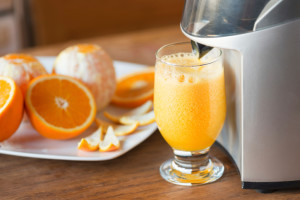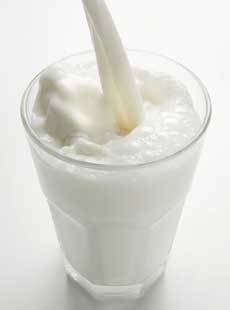Increase nutrient absorption with these 10 tips
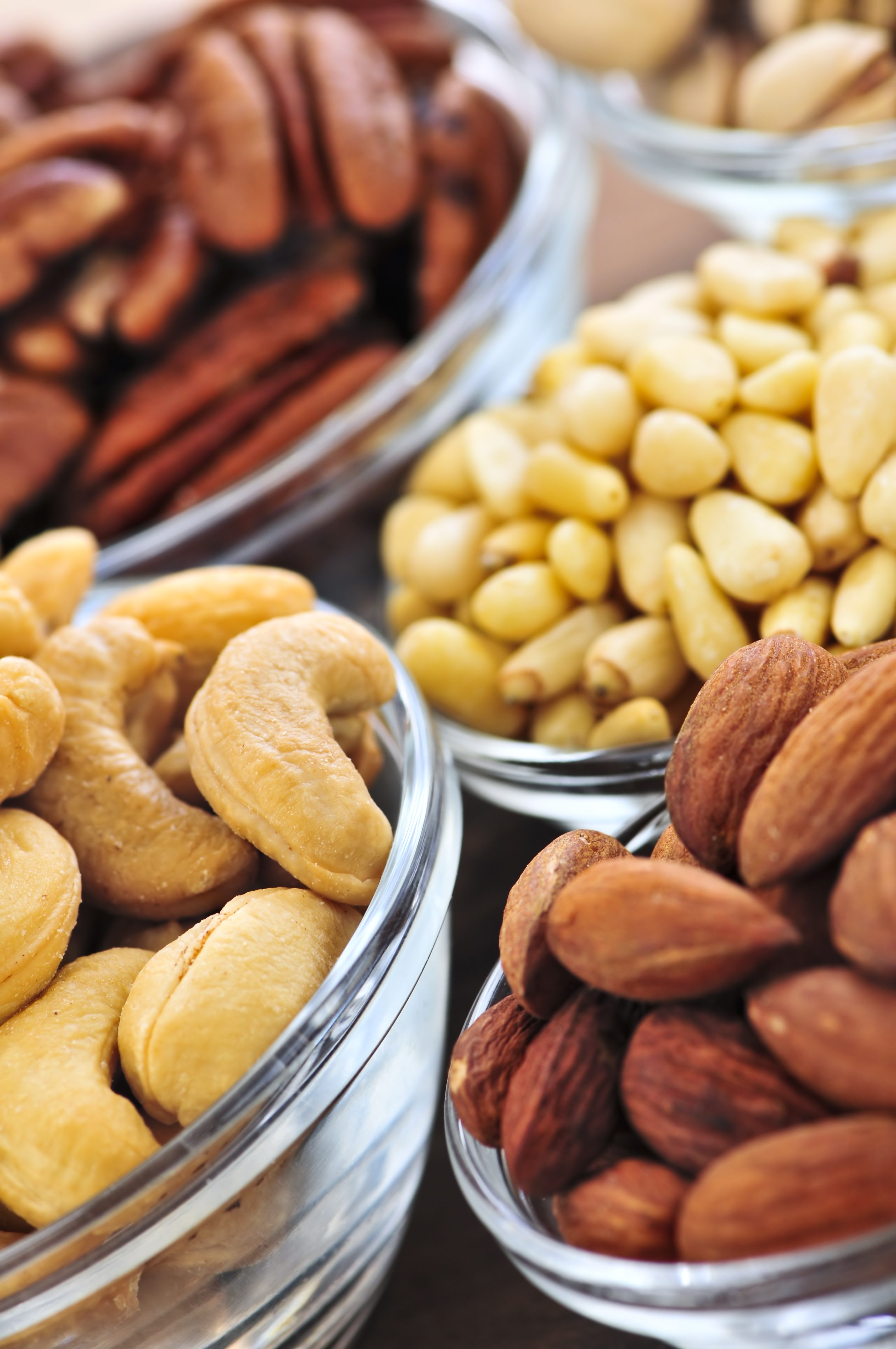
A healthy diet is vital to training and overall wellness. As triathletes, we like to make the most out of every workout, maximize sleep for recovery and our diets for fuel. Here some tricks to tweak an already healthy diet, to ensure you are maximizing your nutrient absorption.
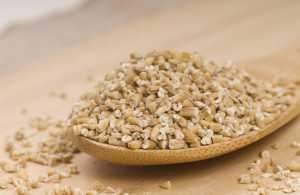 1) Soak your oats
1) Soak your oats
Grains contain phytic acid, which, when untreated, combines with calcium, magnesium, copper, iron and zinc within the intestinal track. This results in the blocking of the absorption of these minerals. As runners tend to be low in many of these nutrients, especially iron, it is important to take steps to ensure that you are actually absorbing the amount that the nutritional information suggests you are. Soaking oats also makes them more easily digestible, which most triathletes with uneasy stomachs are always looking out for.
How to: Pour your oats in a bowl and add a liquid of your choice (water, milk, or milk alternative). Leave the bowl in the fridge overnight. The next morning, either cook the oats, or enjoy them cold for a refreshing summer breakfast.
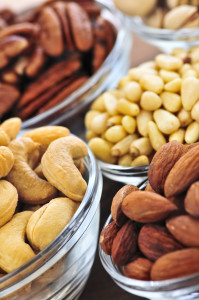 2) Soak your almonds
2) Soak your almonds
Soaking your almonds increases the number of nutrients absorbed. Soaked almonds release more lipase, an enzyme that helps to digest fats, than regular almonds. More vitamin B17, vitamin E and folic acid are absorbed after soaking as well.
How to: Pour almonds into a bowl and add water. Leave in the fridge over night.
3) Pair iron and vitamin C
There are two types of iron: heme iron, which comes from meat, poultry and fish sources and non-heme iron, which comes from plant sources. Iron from heme sources is absorbed more efficiently, but runners with low-iron can hardly be snacking on meat constantly. To improve the absorption of non-heme iron, the trick is to pair it with vitamin C.
How to: Next time you make a spinach salad, throw some red peppers on top. If you’re making a lentil dish, have a sweet potato on the side. If you’re taking an iron supplement, take it with orange juice rather than water.
4) Avoid caffeine and calcium with iron-rich foods
Sometimes nutrients work together and sometimes they don’t. Though vitamin C has been shown to vastly improve iron absorption, calcium and caffeine can inhibit the body’s ability to absorb iron.
How to: Don’t pair your steak with a glass of milk. If you take a supplement and are a coffee drinker, keep your java to the morning and supplement to the evening.
5) Cook your tomatoes
Tomatoes are a source of lycopene, a chemical that belongs to the antioxidant family called carotenoids. These antioxidants help regulate cell growth and help protect the body from disease. Some studies have shown that the risk fro certain types of cancer are lower in populations with high lycopene levels. When tomatoes are cooked with a source of fat, the lycopene molecules are restructured to allow for better transport into the bloodstream.
How to: Make your own pasta sauce with crushed tomatoes, onions, herbs and a bit of oil.
6) Add lemon to your green tea
Green tea is great for you. It contains catechins, which have been connected to reduced risk for cancer, heart attack and many other diseases. The downside is that catechins are not absorbed very well by the intestines; post-digestion, only around 20 per cent of the catechins remain. Adding a squirt of lemon juice to your tea has been shown to result in 80 per cent of the catechins remaining after digestion.
How to: Place a slice of lemon in your mug of green tea for an added flavour and nutrient boost.
7) Black pepper
The piperine in pepper activates your taste buds, which in turn signal to your stomach to produce more hydrochloric acid. This helps reduce flatulence, indigestion and constipation, which can be a result of food not being fully digested. Pepper has also been shown to act as a natural anti-depressant and aid in clearing sinus congestion.
How to: Add pepper to sauces, salad dressings, or just grind some on top of your dinner.
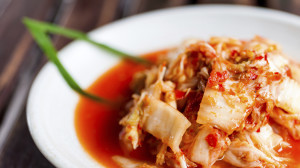 8) Fermented foods
8) Fermented foods
Fermented foods have more probiotics than their non-fermented counterparts. Probiotics improve digestive health, boost immunity to disease and increase ability to absorb nutrients.
9) Pair vitamin D and calcium
Vitamin D, sometimes known as the sunshine vitamin, can significantly improve your calcium absorption. Adequate calcium absorption is vital for bone health and runners need strong bones to prevent stress fractures. Besides getting outside, you can also get some of your vitamin D from foods like salmon and cod liver oil.
How to: Next time you make salmon for dinner, have a glass of milk alongside of it.
10) Mind the temperature
Storing your watermelon, tomatoes and peaches at room temperature, rather than in the fridge. Their key nutrients, including lycopene and beta carotene, continue to develop in room temperature, but are halted by chilling.
